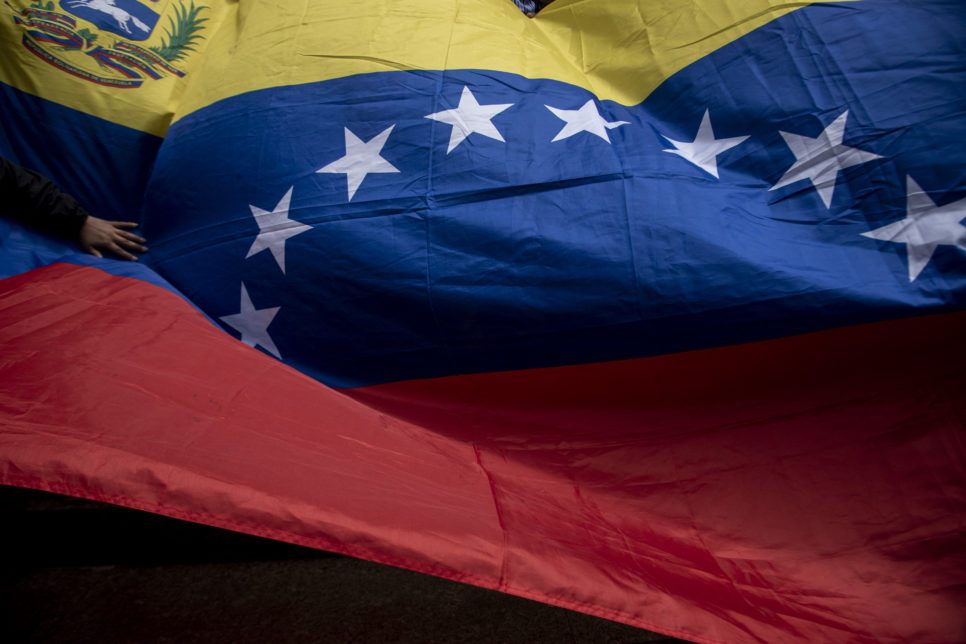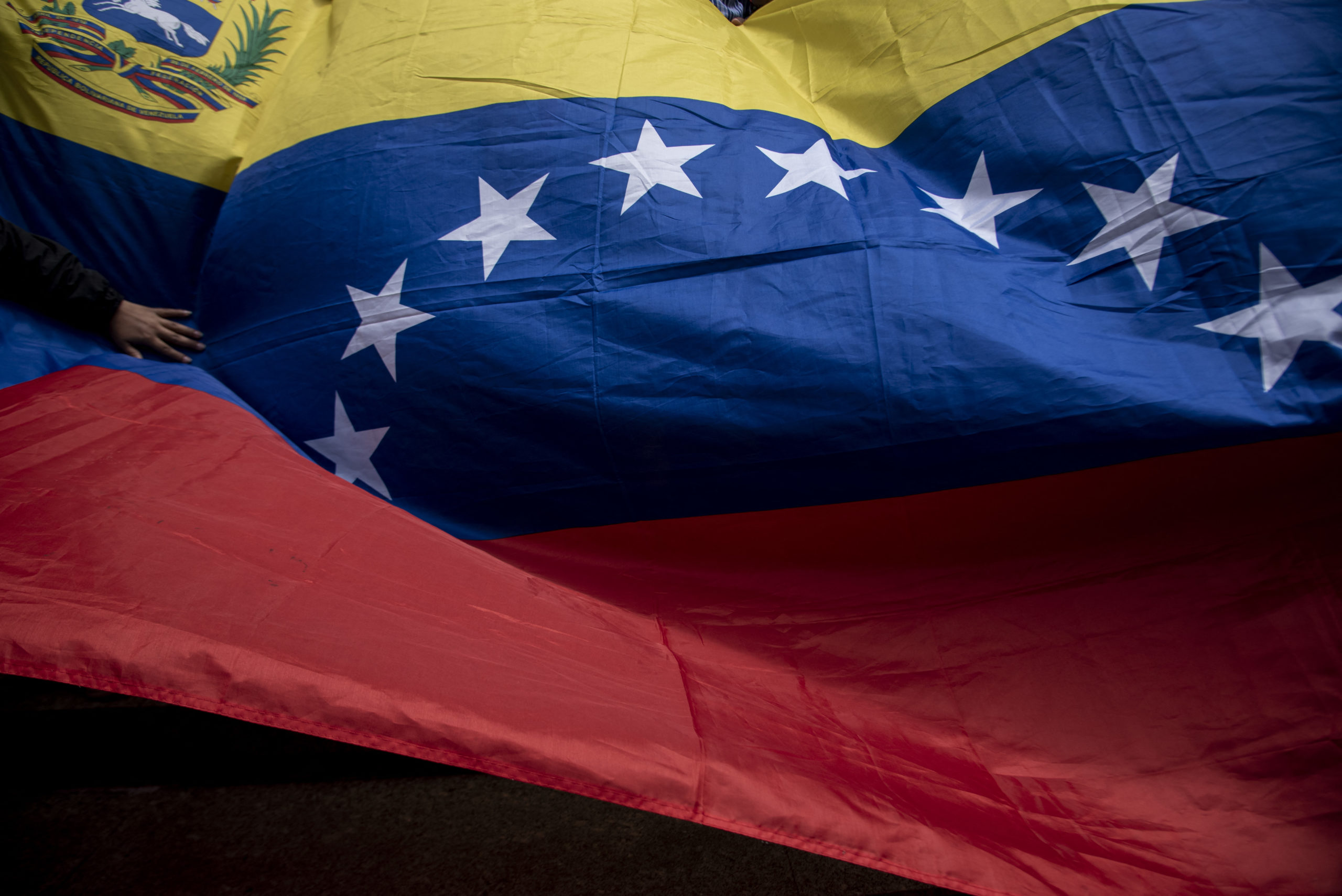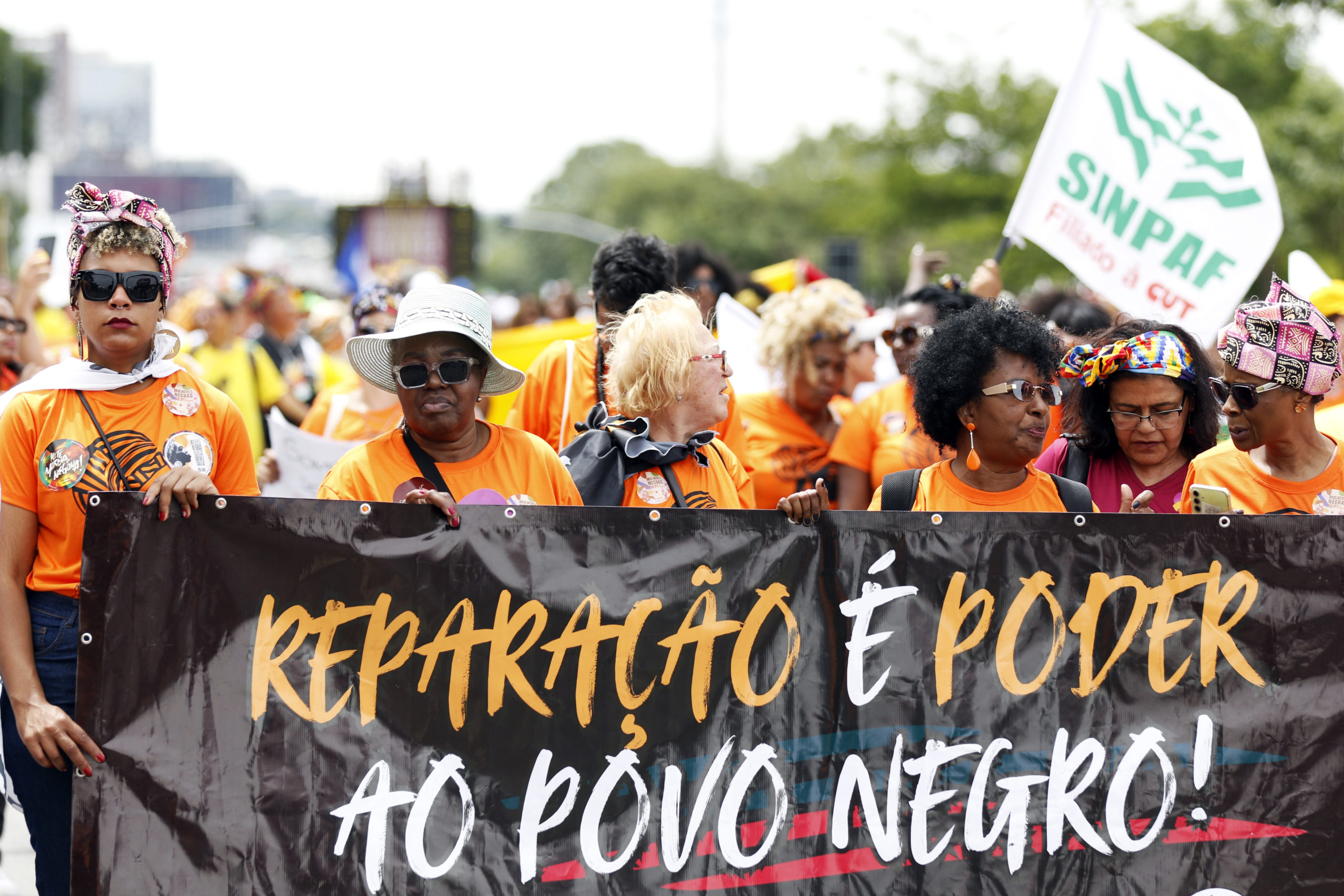IACHR condemns police violence and calls for urgent action to guarantee human rights
Violent deaths caused by police officers expose neglect in investigations and human rights violations
 Foto: CIDH/Divulgação
Foto: CIDH/Divulgação
This month, the Inter-American Commission on Human Rights (IACHR) expressed concern over institutional violence in Brazil and the tolerance of impunity in oversight procedures. The OAS-affiliated body urged the Brazilian state to review its public security policies and adopt an approach grounded in human rights.
Among the emblematic cases cited are the deaths of Guilherme Dias Santos, Igor Oliveira and Jeferson de Souza, in São Paulo; Gabriel Vieira and Herus Guimarães Mendes, in Rio de Janeiro; and Victor Cerqueira, in Bahia. The deaths of these young Black men are not isolated cases, but expressions of violence and structural racism, echoed by at least 12 massacres recorded in Bahia in the same period. These figures reveal and alarming reality: the use of lethal and excessive force by the State, often directed at young Black people and marginalized communities.
Furthermore, investigations into these crimes are conducted by the police forces themselves which illustrates the chronic lack of oversight mechanisms in Brazil. The fragile nature of internal affairs offices and the still limited wearing of body cameras – adopted only partially by 14 states and the Federal District in 2025 – exacerbate the scenario of a lack of transparency and accountability. It is not surprising that the IACHR has identified this situation as one of the principal obstacles to justice. Although there have been some initiatives by the Brazilian State, the flexibility granted to police officers to activate body cameras only when they deem it necessary, undermines progress. The creation of independent bodies to monitor police conduct, as provided for in a proposed constitutional amendment, along with guidelines that prioritize reducing lethality, still need to be implemented for there to be any real impact on day-to-day public security in the country.
Read more
The IACHR stressed that Brazil needs a security model focused on safeguarding human rights, embracing gender, ethnic-racial and intersectional perspectives. This means addressing the structural roots of the violence – such as social inequalities, systemic discrimination and economic exclusion – through robust public policies that promote real and sustainable access to economic, social and cultural rights.
The IACHR is aligning itself with a commitment to hold the Brazilian State accountable for its negligence, by presenting concrete guidelines, such as reforming police protocols, to respect the principles of legality, necessity, and proportionality. Any attempt at change will be insufficient without independent investigations conducted by the Public Prosecutor’s Office and full reparations for victims and their families.






